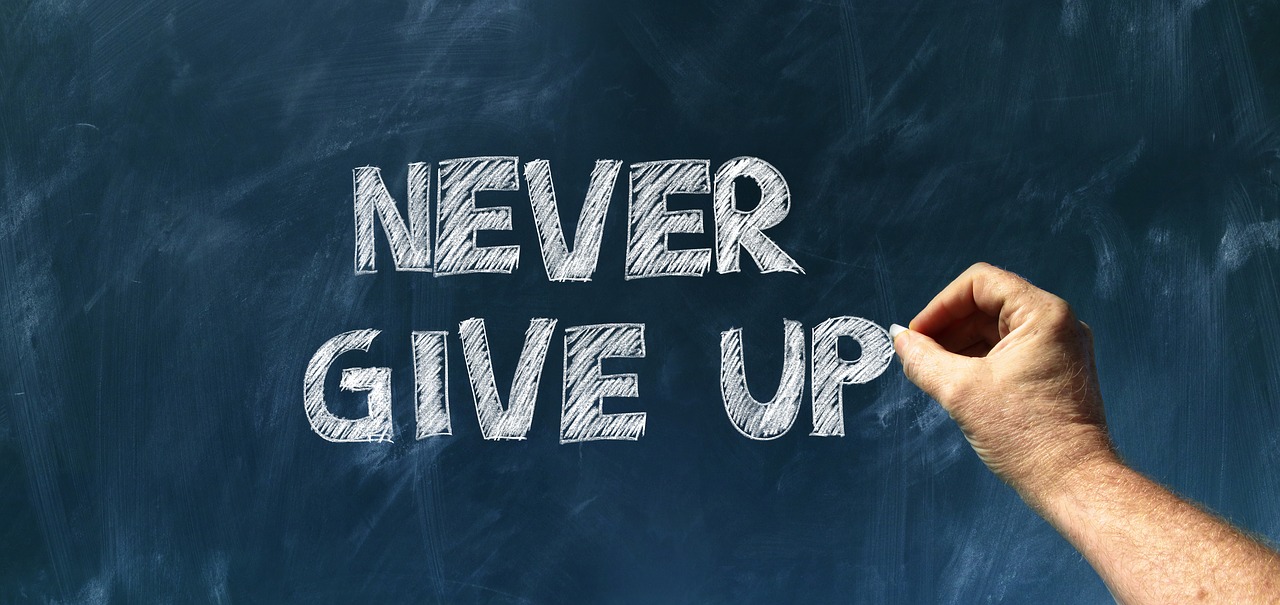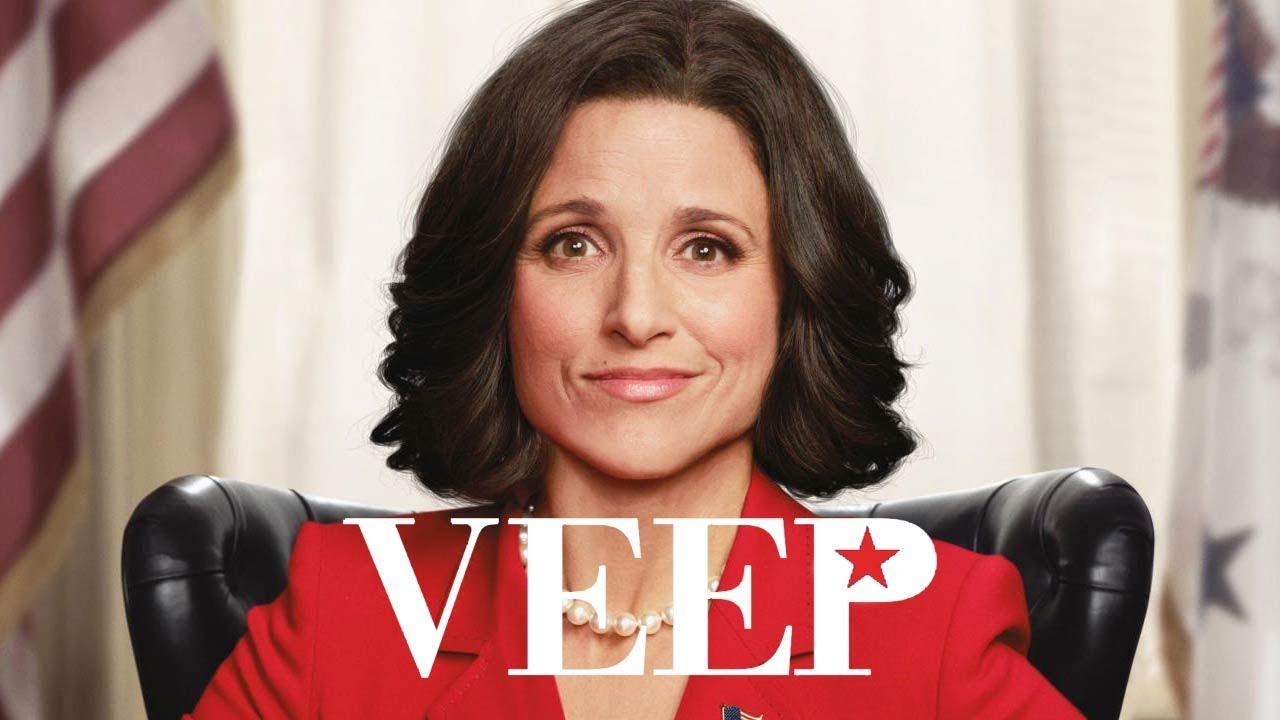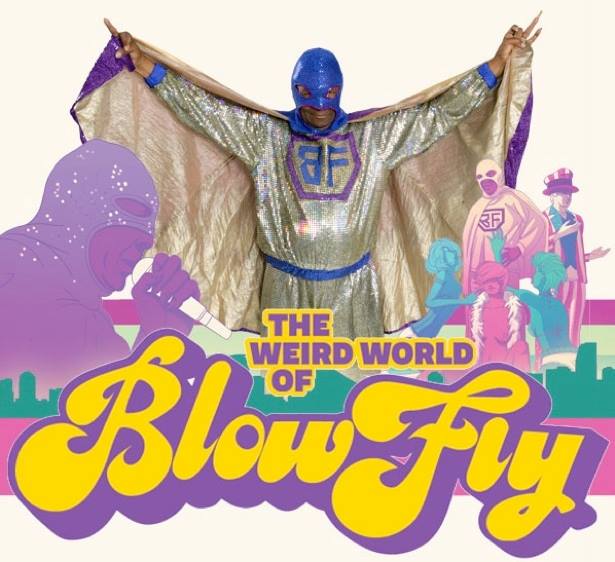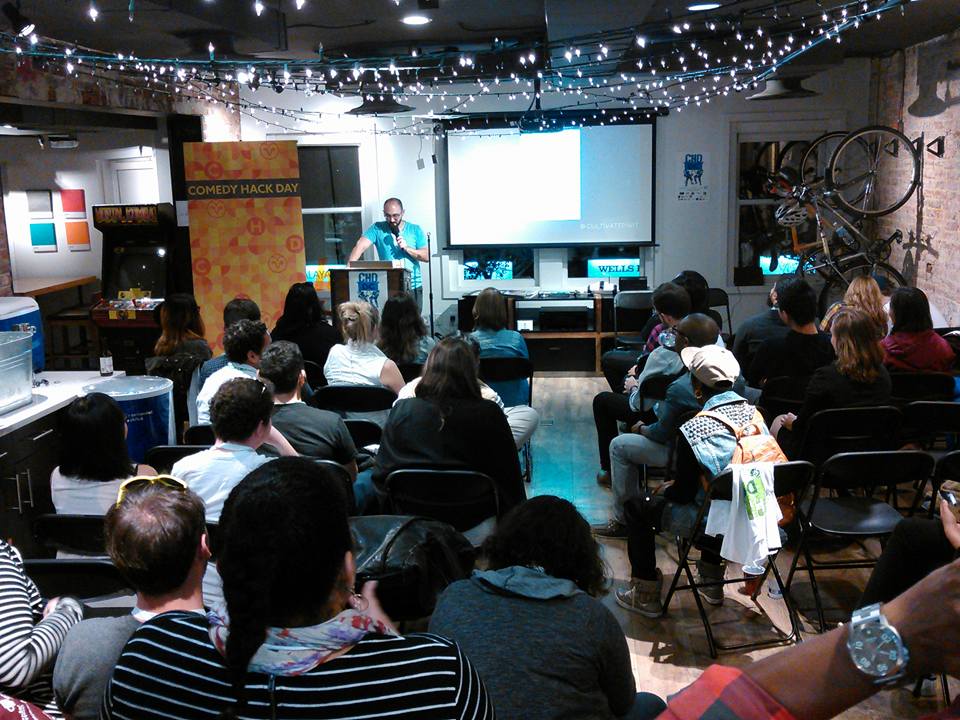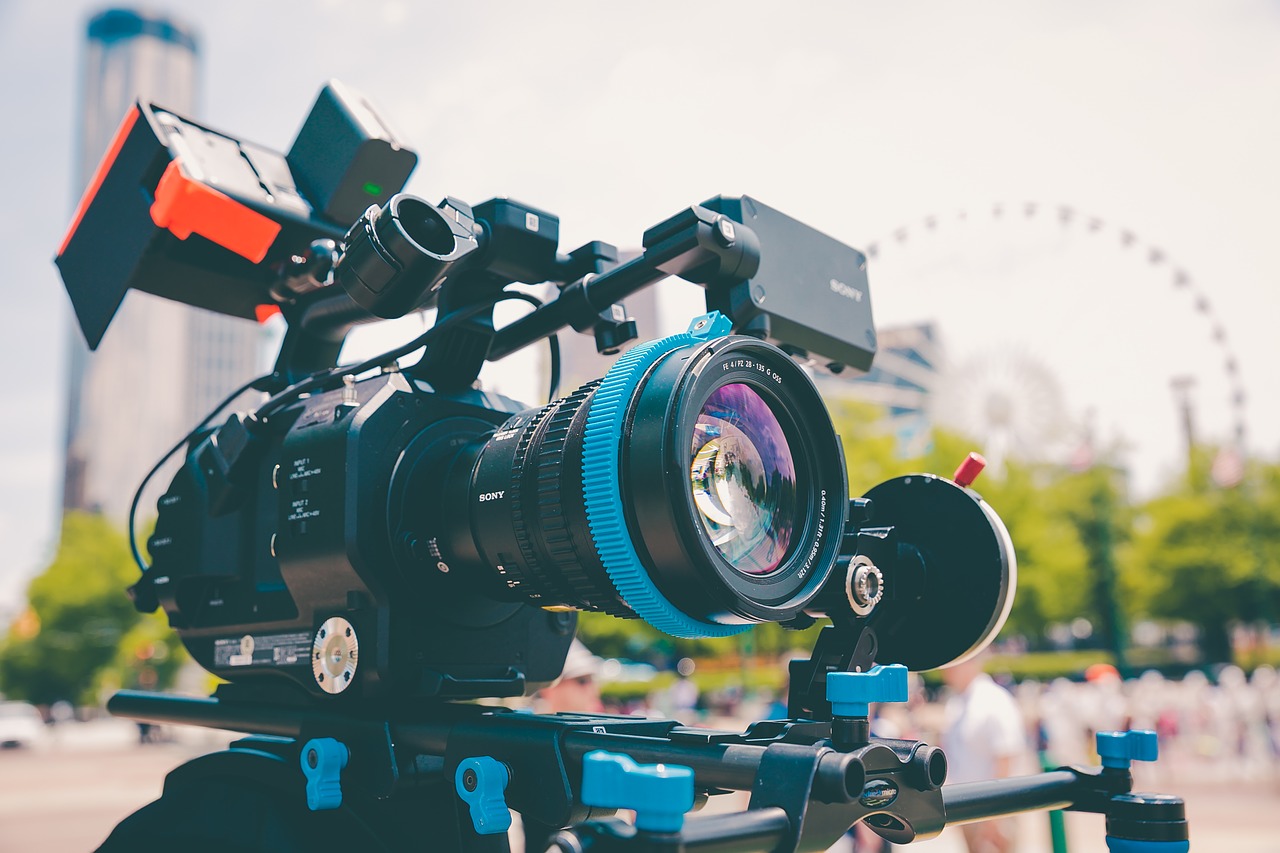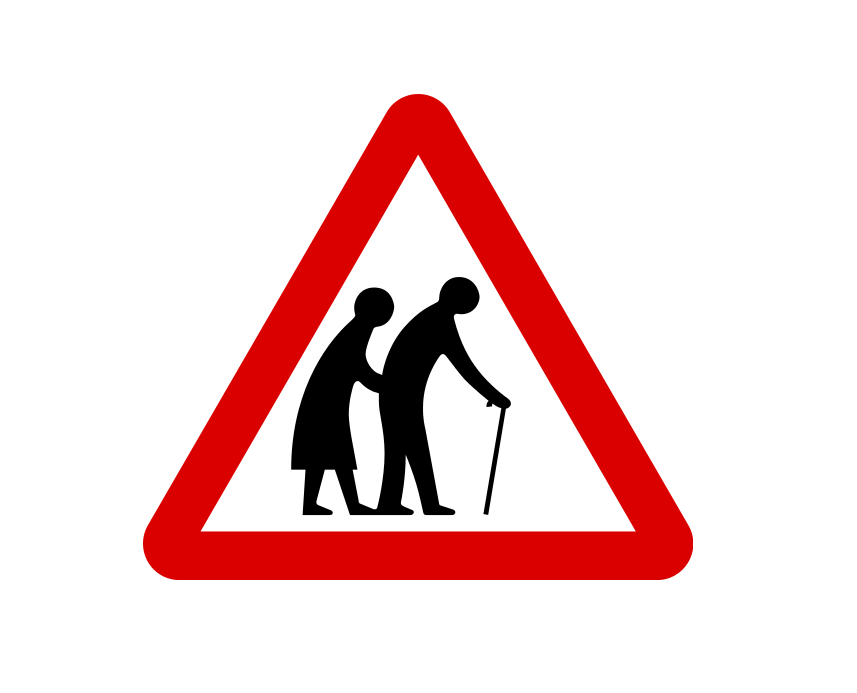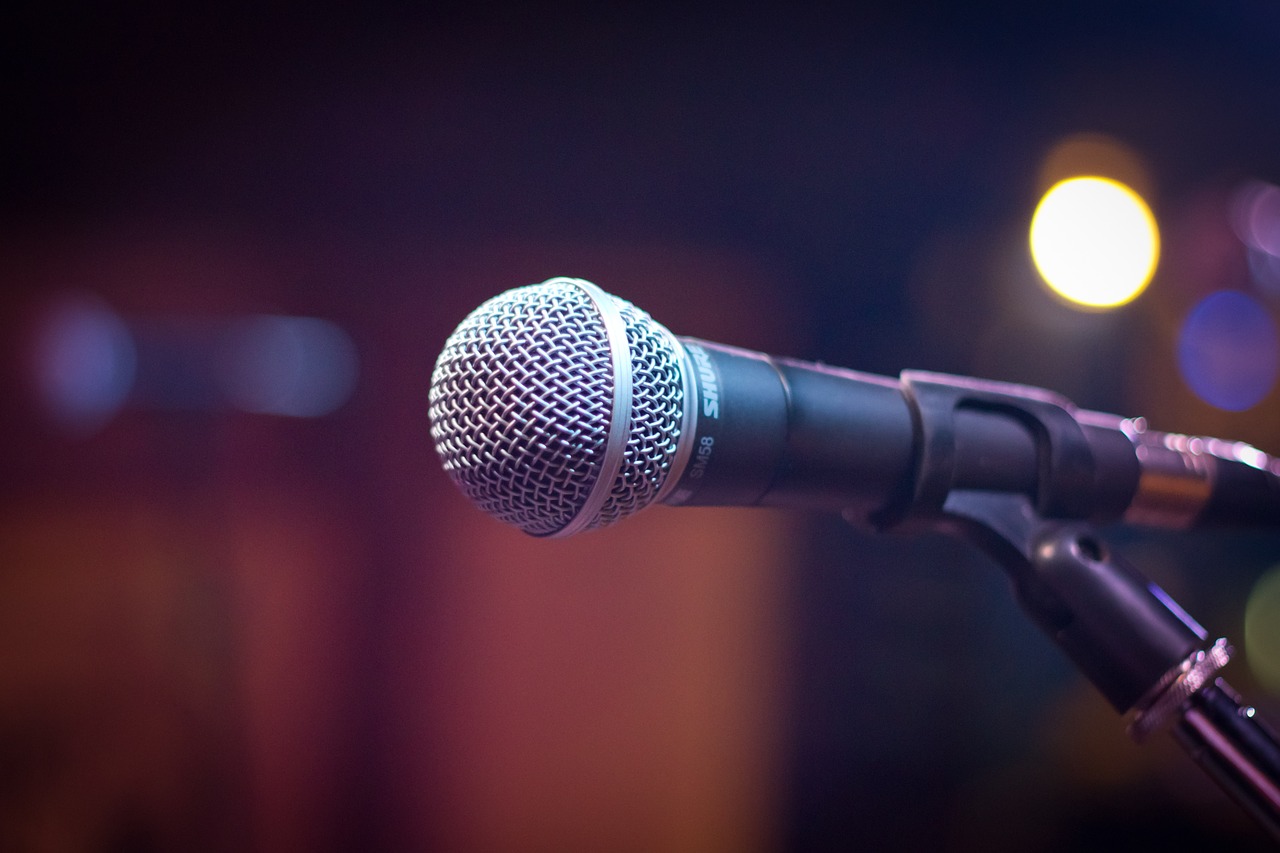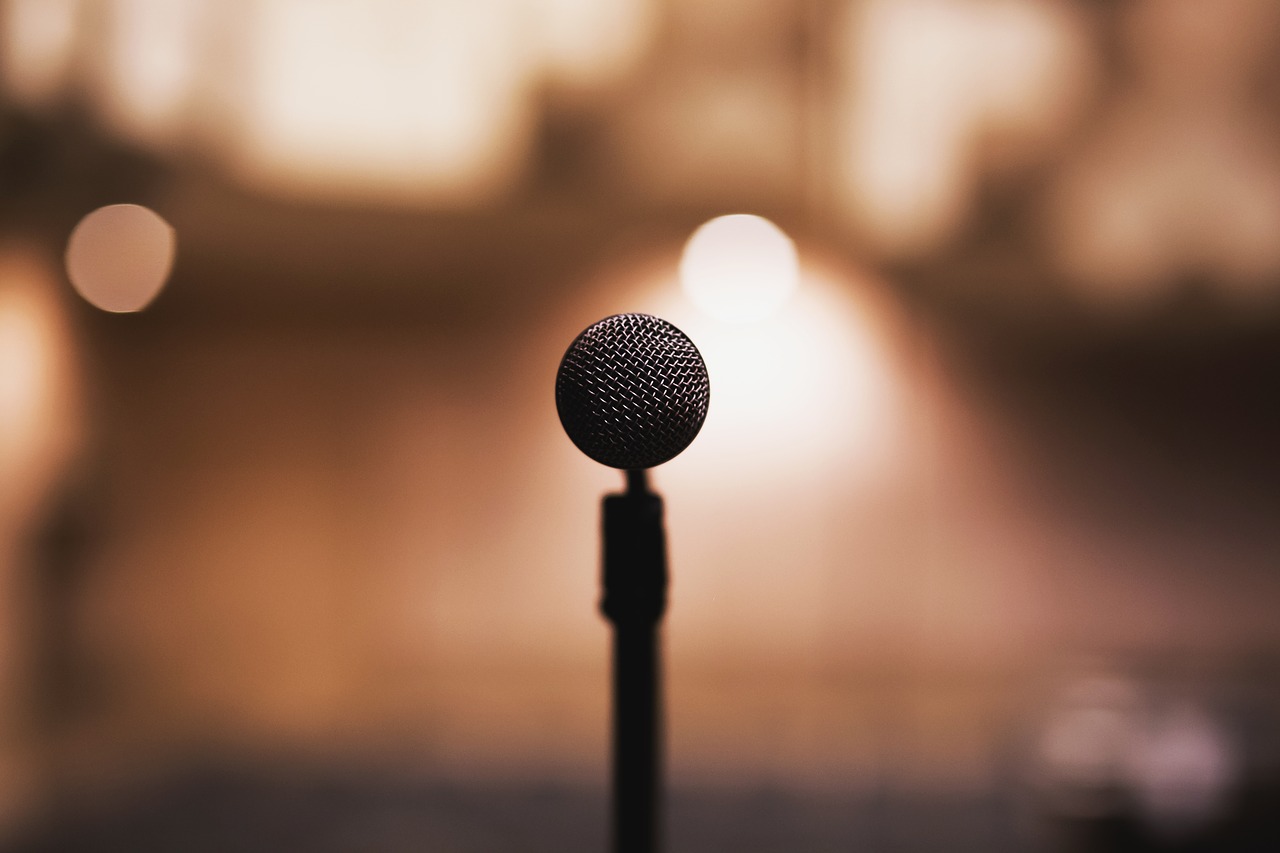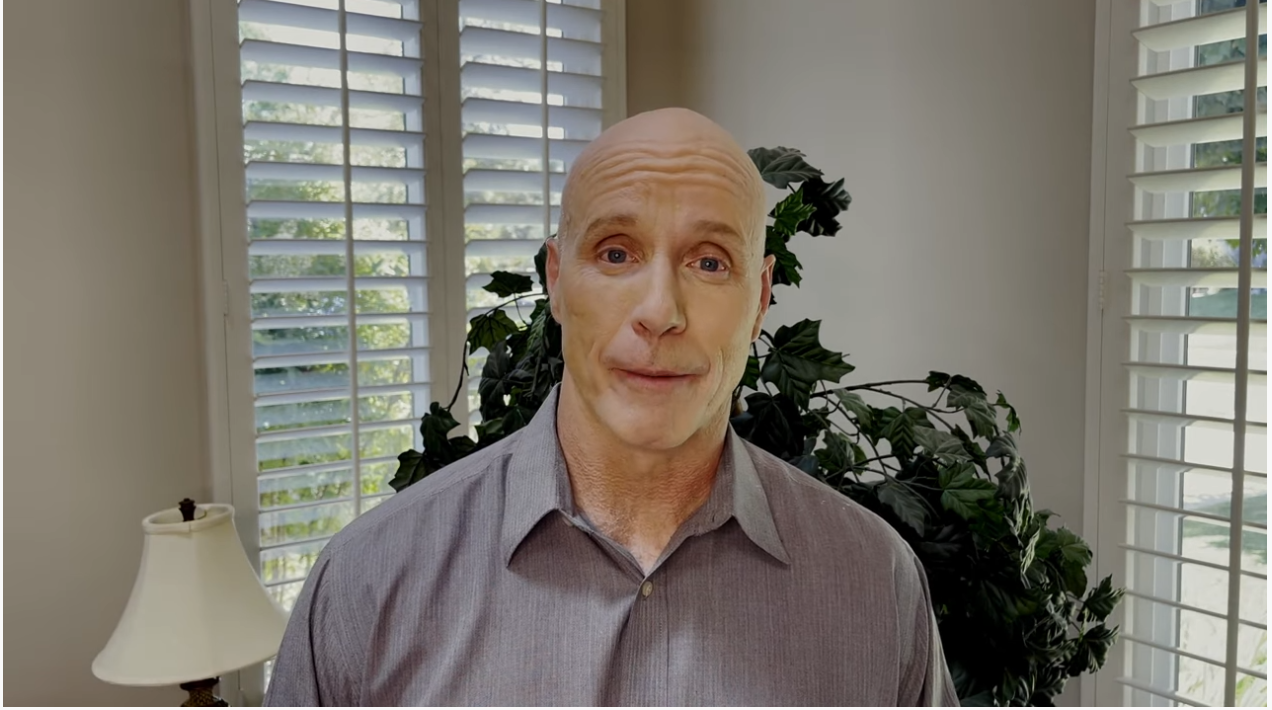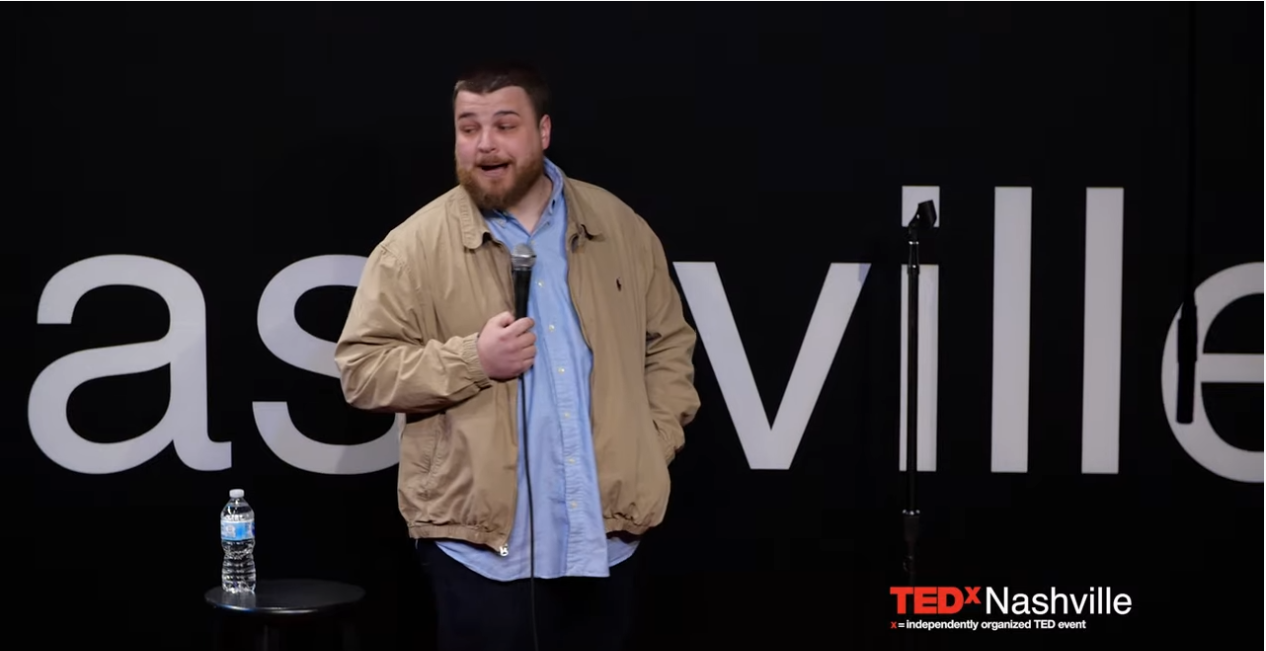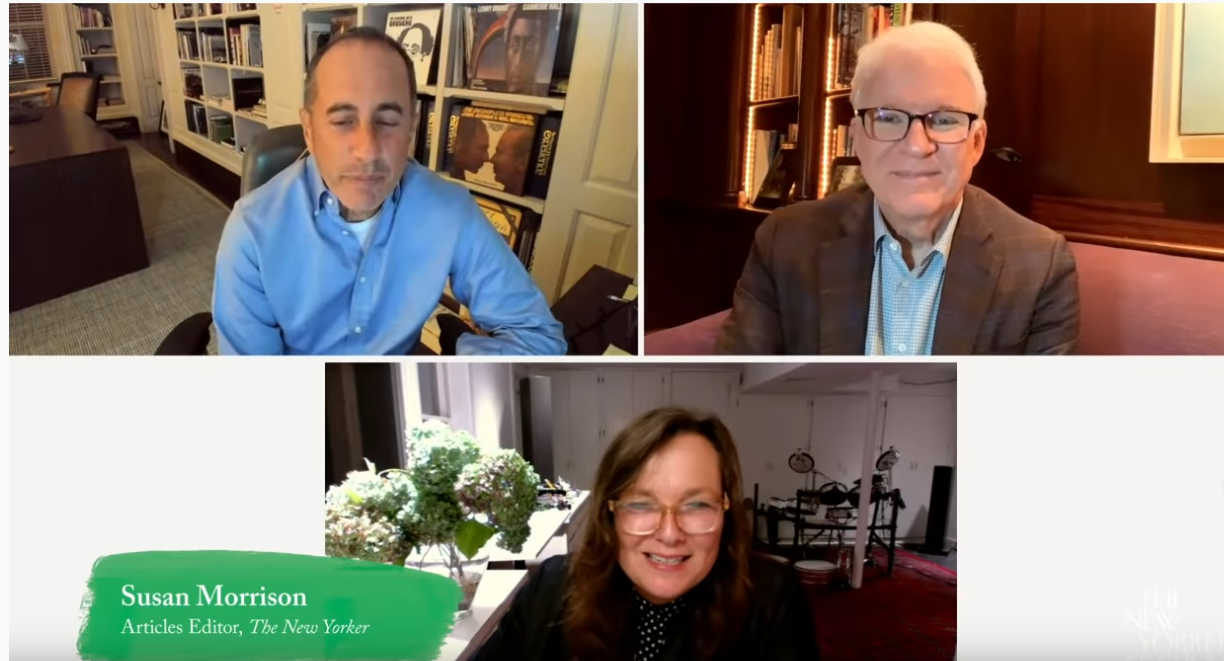 Normally I wouldn’t start a blog post with a disclaimer, but there is a first time for everything. I am not a famous (or even remotely famous) comedian. This article is based on my experiences through trial an error of using Twitter. If you currently follow comedians on twitter who are famous and/or popular – these suggestions may not apply to them. They probably had an existing fan base prior to the explosive growth of twitter. As for to the ‘road comics’ out there, some of these tips will seem moot. But I can assure you, some of these suggestions will improve how you interact with people using twitter in the future.
Normally I wouldn’t start a blog post with a disclaimer, but there is a first time for everything. I am not a famous (or even remotely famous) comedian. This article is based on my experiences through trial an error of using Twitter. If you currently follow comedians on twitter who are famous and/or popular – these suggestions may not apply to them. They probably had an existing fan base prior to the explosive growth of twitter. As for to the ‘road comics’ out there, some of these tips will seem moot. But I can assure you, some of these suggestions will improve how you interact with people using twitter in the future.
Why are you on Twitter?
With the volume of social media tools available, some comedians will attempt to utilize all of them. That becomes a problem because each one serves a different purpose. Before using twitter, you need to understand how it works as a community. People discuss various topics, so learning to navigate through them avoids the ‘clutter.’ Here are two examples of how I’m using it:
Example 1. Using Twitter as an individual (@waynemancomedy)
Twitter is possibly the best application EVER for staying in contact with people on the go. I have established working relationships with comedians, authors, and members of the media. When using it properly, you display a respect for their time AND your ability to communicate in 140 characters or less. Especially when some have maxed out the Facebook’s 5,000 friend limit (i.e. Robert Kelly and Dean Edwards).
I read other people’s tweets and respond to them. Engaging in dialog with other members is twitter’s strongest feature. Discuss the topics that you have in common. Learn from the experts by asking them questions and joining them in Tweetchats.
My tweets will fall into one of the following categories:
Thoughts and jokes.
While I don’t object to reviewing pictures of food I can’t afford, my primary reason for tweeting is communication. Sometimes it may be a simple thought, a situation happening around me, or a testing bed for a comedy premise.
Re-tweet topics I consider relevant to my followers.
People who follow me understand the material I post will be comedy related tweets. I review a wide range of comedy based topics (especially when it comes to business). There are times when I’ll re-tweet advice and suggestions from social media leaders, writing groups, and anything else I consider important to comedy. The upshot is that after a few re-tweets, their fans may start to notice you and it might earn you some new followers.
Re-tweeting what’s happening in my community.
It doesn’t matter what city you live in, there is always something happening that you may want to share. If I see something interesting in my neighborhood, I will re-tweet the post, and include the twitter accounts of the local media (if I think they could use it for a future story). What a painless method to become a recognized resource in your community.
Promoting my comedy shows.
Did you noticed how I listed self promotion last? Twitter is a community, and if you listen more than you talk (or, in this case…tweet), people will appreciate it. If you broadcast yourself without becoming involved – No one will listen or care.
Example 2. Using Twitter as an organization (@dccomedywriters)
The primary purpose of our group’s Twitter account is the promote comedy based writing projects and the people involved with them, not just stand up comedy. Although are based in DC, we continue to network with other comedy based group and individuals from around the world. To build our relationship, we take some the following actions:
- Follow back comedy writers, published comedy authors, and other comedy related media
- Follow back our members and help promote their events via re-tweets
- Publish interviews with established comedians, and they thank us by promoting the interview
Who should you follow? Who should follow you?
When I started using Twitter two year ago, I was blind about how to use it. I followed everyone I perceived would be interesting. Comedians, news media, rappers from back in the day, and everyone I discovered who was on Twitter. Then I ran into two issues:
1. Twitter has a user ratio limit.
When I attempted to follow my 2,001 person, Twitter explained that I was past their limit. At the time, I didn’t realize there was such a beast. After performing a Google search, I discovered the ratio of “those you follow” vs. “those who follow you” is not explained in detail. I realized that I needed to make changes.
2. Was I really reading the tweets of 2,000 people?
The number of people I followed spun out of control. I realize it was time to re-design how I was using Twitter. That meant cleaning up my existing list, removing some people that I followed, and begin using management tools to keep it under control. This effort took a few hours, but the results were definitely worth the effort.
Let’s talk about the followers. Are they important?
YES! They are important, but you have to earn them. Some people use “Follow Back” services to gain more followers. As a comedian, this is not a good idea. Twitter is an excellent marking tool when used properly. However, using these services to increase the number of followers you have is the equivalent as joining the “spam brigade.” Those followers really don’t give a damn about you or your comedy career. After every show I perform, I pass out cards containing my twitter, facebook and website information. When I’m featured on podcasts and interviews, I mentioned how to contact me on twitter.
Don’t forget the most popular tool of them all – ‘#FF’ (aka Follow Friday)! In my opinion, this is the highest form of a compliment. You are broadcasting to the world who is worthy of being followed on Twitter. This is your personal endorsement. I find it helpful to separate my #FF by category. For example, when it pertains to comedy, I tweet something like this:
Comedy #FF @districtcomedy @hey_snowflake @magooby @rainpryor @eddiecomedian @RobMaher @ClayMiles
If your goal is to gain new followers, consider replying to the various trending topics of the day. I’ve gained followers who appreciated my wise cracks and comedic responses to ‘hash tags’ discussions.
Note: Before you decide to to follow someone back, take a minute to examine their profile. There are accounts designed to follow anyone. Choosing them will only lead to spam. Things I review before following anyone:
The profile picture:
Because no one wants to follow the default egg, and no one should be too lazy to change it.
The profile description:
If the twitter handle is not specific, (i.e. @waynemancomedy screams COMEDY), then reading their profile description should fill the void.
The number of their followers AND the number the of people they follow:
I don’t trust anyone with 0 followers. Especially if they are following 300+ people.
What are they tweeting about?:
A sure way to identify a potential spammer is to look at some of their messages. Anyone posting the same message and HTML link to multiple people will probably try to hack into your account or spam you (especially if you clink on their link).
After creating an account (or if you have an existing one), take a few minutes to locate comedians your admire and respect. They can be local, national, and international. Read a few of their tweets and watch how they interact with their audience. Using patience and practice, you can learn to develop how to communicate with your fans in the same manner as them.
BTW – For the second part of this article, I will review some of my favorite Twitter management tools.
© 2012 Wayne Manigo
Wayne Manigo is a comedian and co-founder of DC Comedy Writers Group. He is the creator of “Addicted to Comedy,” and the ‘brainchild’ behind the annual comedy conference, Starting Stand Up: A Comic Beginning. He also produces the show, Bellylaughs in Bethesda at Caddies at Cordell.


